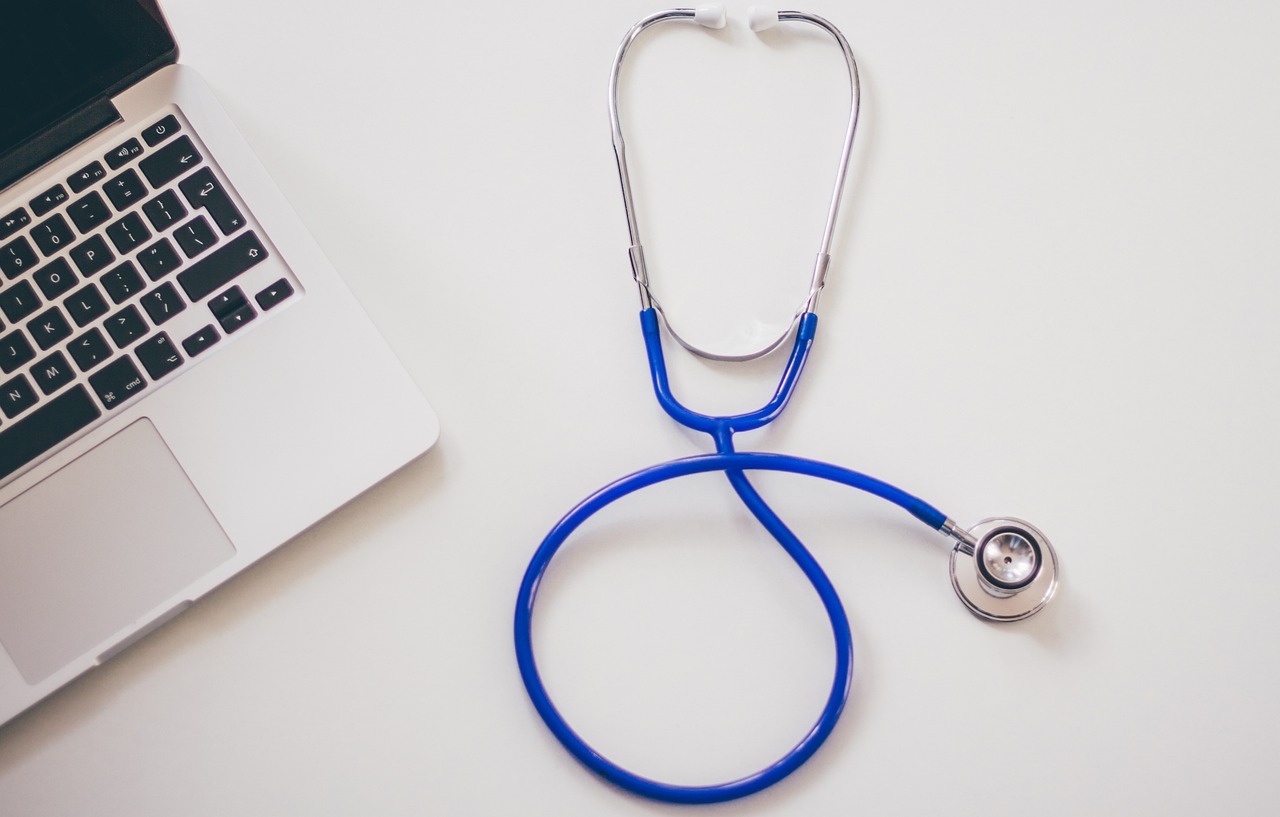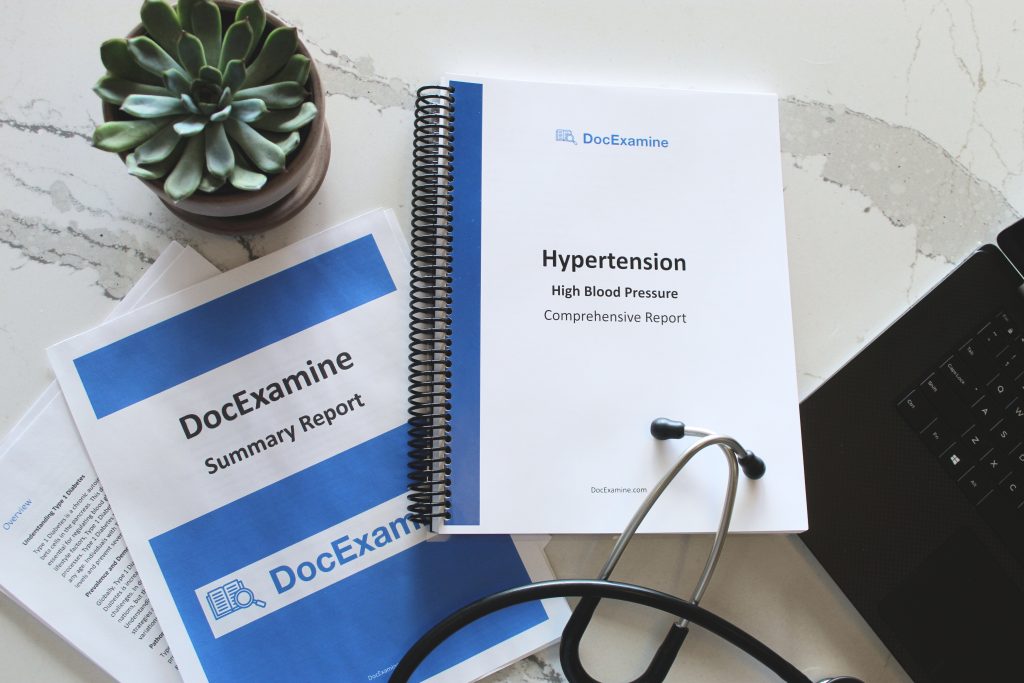
High blood pressure (or hypertension) affects millions of people worldwide, and while medications are often necessary, many individuals seek natural approaches to help lower their numbers. In this post, we’ll explore evidence‐based natural remedies—including dietary changes, herbs, and supplements—that have been shown to improve blood pressure control.
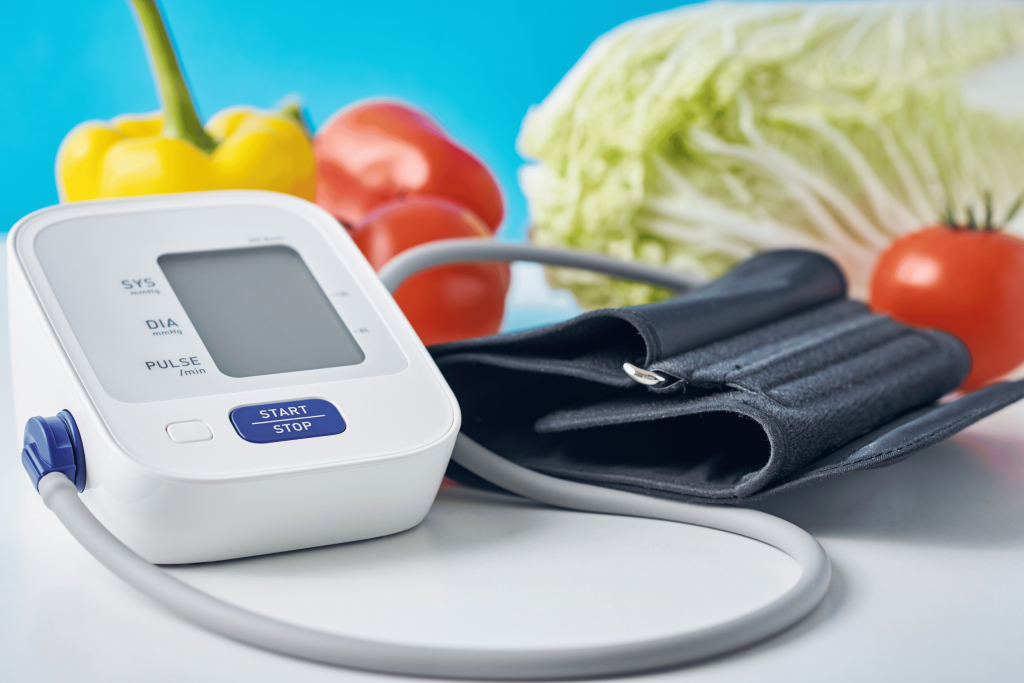
1. Dietary Changes: The Foundation for Blood Pressure Control
The DASH Diet
One of the most researched natural interventions is the DASH diet (Dietary Approaches to Stop Hypertension). This eating plan emphasizes fruits, vegetables, whole grains, lean proteins, and low-fat dairy products while limiting saturated fat and sodium. Multiple studies have demonstrated that following the DASH diet can significantly lower both systolic and diastolic blood pressure. For example, clinical trials have shown reductions of up to 11 mmHg in systolic pressure when sodium intake is concurrently reduced.
Reducing Sodium and Increasing Potassium
Excess sodium is a major contributor to high blood pressure because it causes the body to retain water, which increases blood volume and pressure. Health organizations, including the American Heart Association, recommend limiting daily sodium intake to 2,300 mg—and ideally to 1,500 mg for those with hypertension. In addition, consuming potassium-rich foods (like bananas, leafy greens, and beans) can help balance the effects of sodium and promote better blood vessel function.
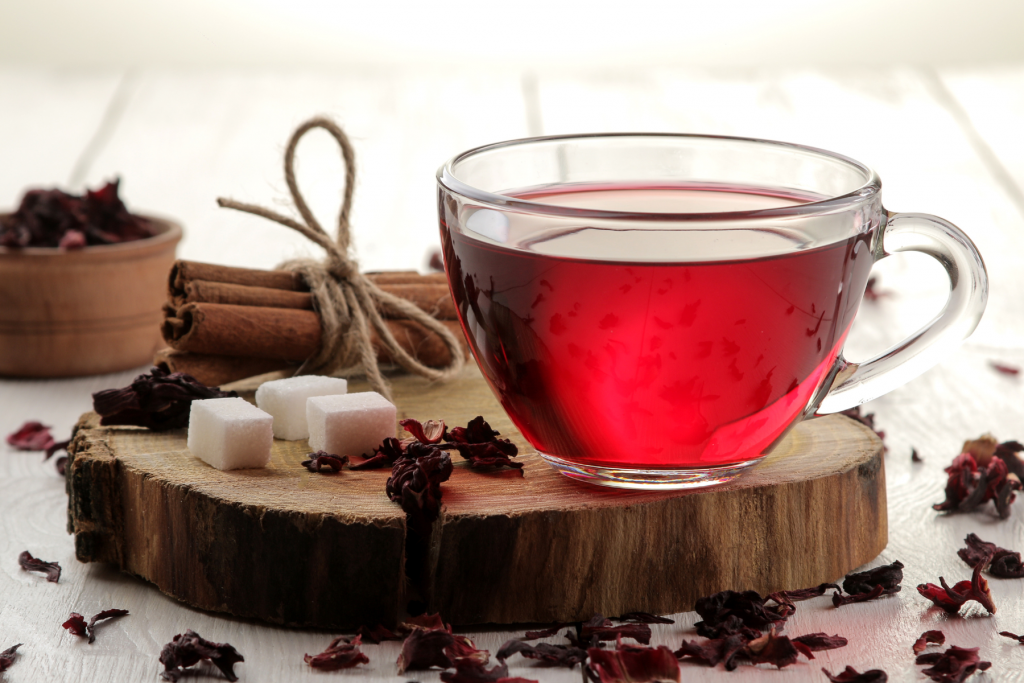
2. Herbal Remedies with Scientific Support
Hibiscus Tea
Hibiscus tea has gained attention for its potential to lower blood pressure naturally. Several randomized controlled trials have found that regular consumption of hibiscus tea can reduce systolic blood pressure by 7–8 mmHg in adults with mild hypertension. Its active compounds are believed to promote vasodilation (widening of the blood vessels), which helps lower blood pressure.
Garlic Supplements
Garlic is another natural remedy with a solid research background. A number of studies and meta-analyses have shown that garlic supplements can modestly reduce systolic blood pressure—often by around 8–10 mmHg—in people with hypertension. The blood-pressure-lowering effects are attributed to garlic’s ability to enhance nitric oxide production, leading to improved blood vessel relaxation.
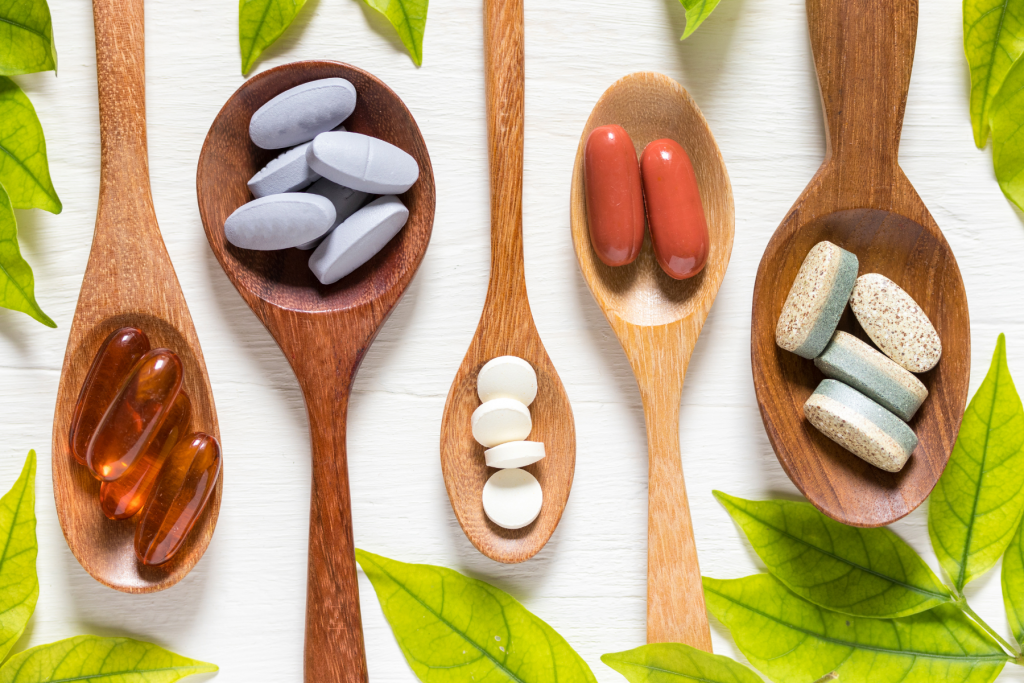
3. Supplements to Consider
Magnesium
Magnesium plays a crucial role in muscle and nerve function, including the regulation of blood vessel tone. Research indicates that magnesium supplementation can lower blood pressure by helping blood vessels relax. While the effect is modest, combining magnesium with other lifestyle changes can yield additional benefits.
Omega-3 Fatty Acids
Omega-3 fatty acids, found in fish oil and flaxseed, have been associated with reduced blood pressure levels. These fatty acids help reduce inflammation and improve vascular function. Although the blood pressure reduction might be small, omega-3 supplements can contribute to overall cardiovascular health.
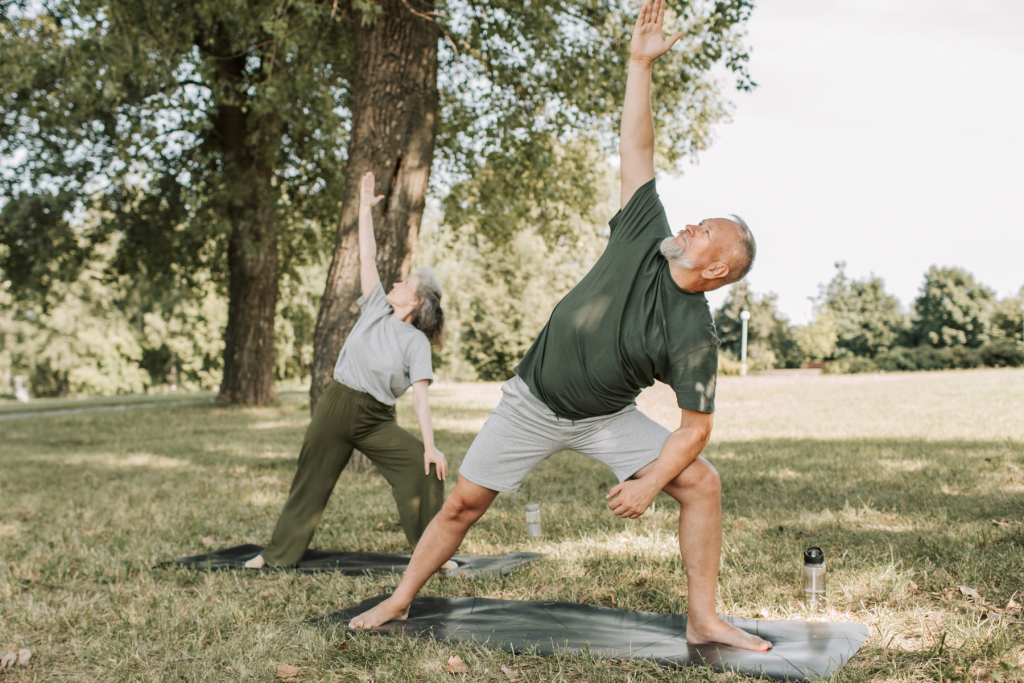
4. Complementary Natural Interventions
Stress Reduction Techniques
Chronic stress is known to elevate blood pressure temporarily, and over time, it may contribute to sustained hypertension. Practices such as yoga, meditation, and deep-breathing exercises can help manage stress and may lead to modest improvements in blood pressure. While these interventions are not a substitute for dietary or pharmacologic treatment, they form an important part of an overall lifestyle approach.
Regular Physical Activity
Although not an “ingested” remedy, regular exercise is a natural and effective way to lower blood pressure. Aerobic activities—like brisk walking, cycling, or swimming—help strengthen the heart and improve circulation. Aim for at least 150 minutes of moderate activity per week to see meaningful benefits.

Final Thoughts
Natural remedies can play a vital role in managing high blood pressure, especially when combined with overall healthy lifestyle choices. While dietary changes, herbal supplements like hibiscus and garlic, and additional supplements like magnesium and omega-3s have shown promising results, it’s essential to remember that these approaches work best as part of a comprehensive plan. Regular monitoring, stress management, and exercise all contribute to a heart-healthy lifestyle.
If you have high blood pressure or a family history of hypertension, consult with your healthcare provider before starting any new remedy or supplement. These natural interventions are most effective when tailored to your individual needs and used in conjunction with professional medical advice.
Read More
- Top Natural Remedies for High Blood Pressure: What Actually Works?

- Is High Blood Pressure Hereditary? Genetics vs. Lifestyle Factors

- Hypertension vs. High Blood Pressure: What’s the Difference?

Sources:
- American Heart Association. What is High Blood Pressure?
- WebMD. Frequently Asked Questions About High Blood Pressure.
- Ried, K., Frank, O.R., Stocks, N.P. et al. (2008). Effect of Garlic on Blood Pressure: A Systematic Review and Meta-Analysis. BMC Cardiovascular Disorders, 8, 13. https://doi.org/10.1186/1471-2261-8-13
- Abdelmonem, M. et al. (2022). Efficacy of Hibiscus sabdariffa on Reducing Blood Pressure in Patients With Mild-to-Moderate Hypertension: A Systematic Review and Meta-Analysis of Published Randomized Controlled Trials. Journal of Cardiovascular Pharmacology, 79(1), e64–e74. https://doi.org/10.1097/FJC.0000000000001161

